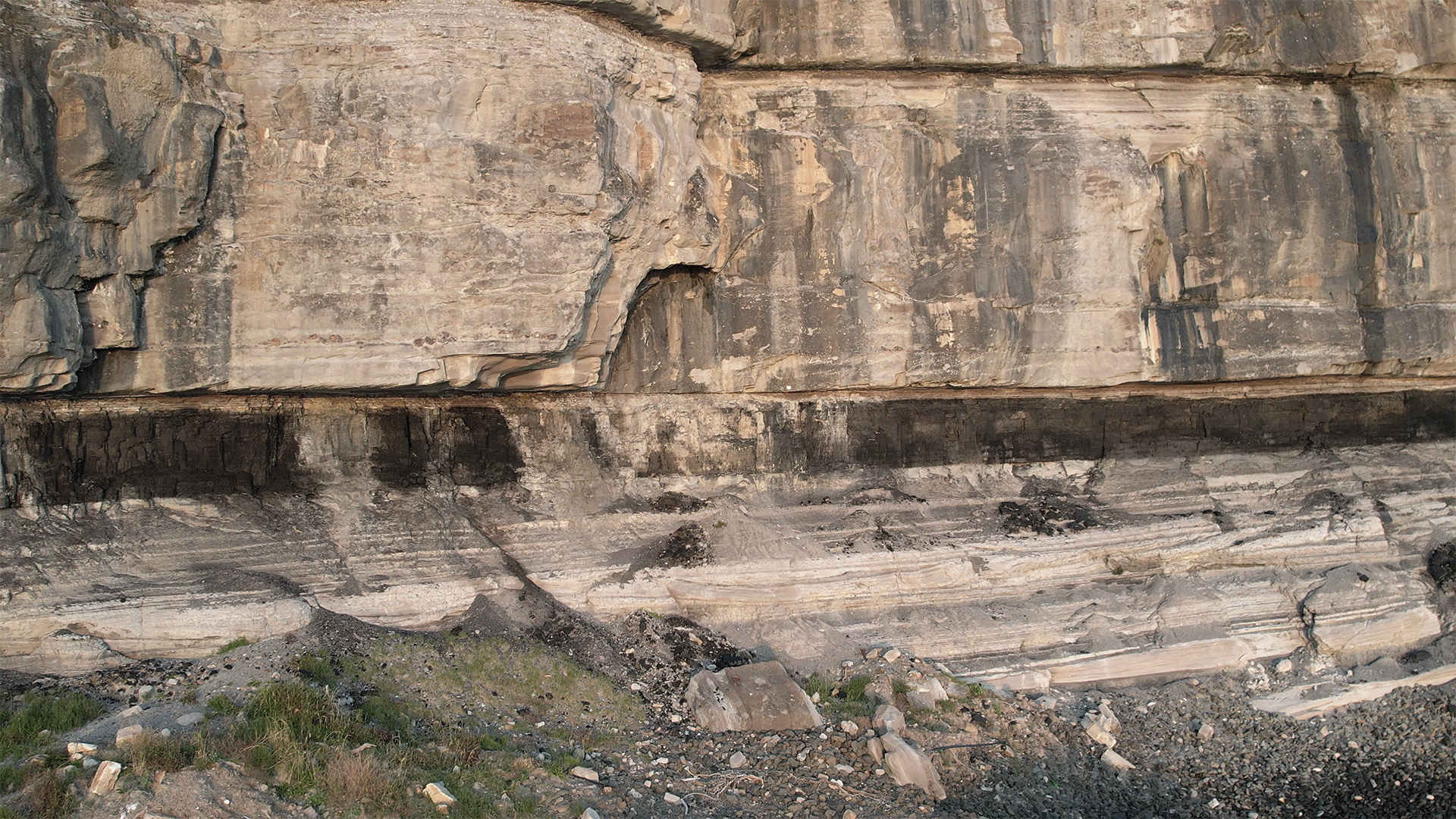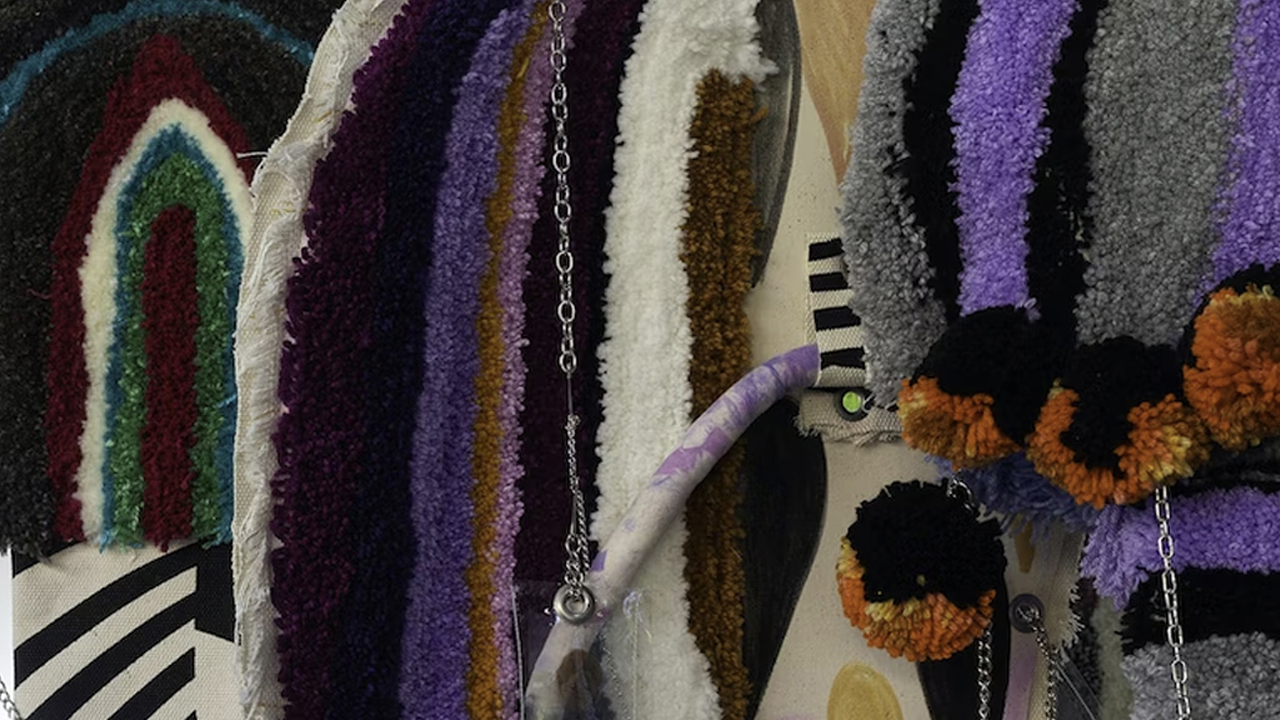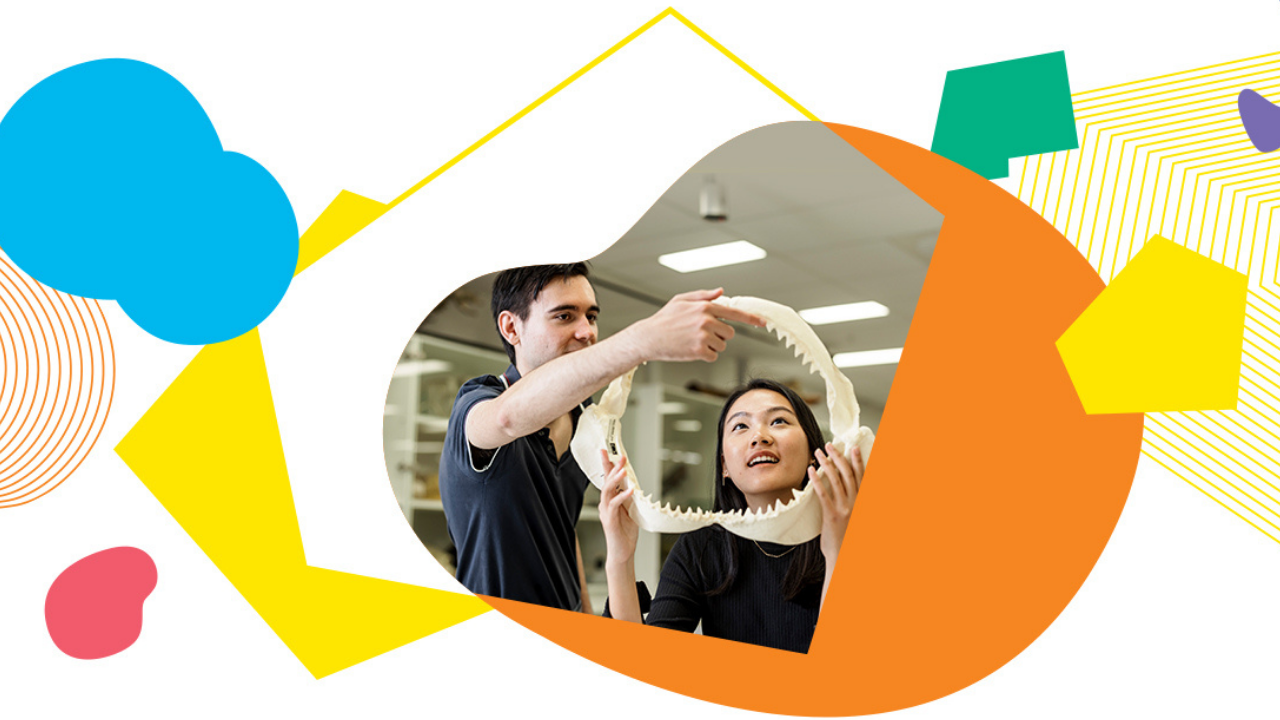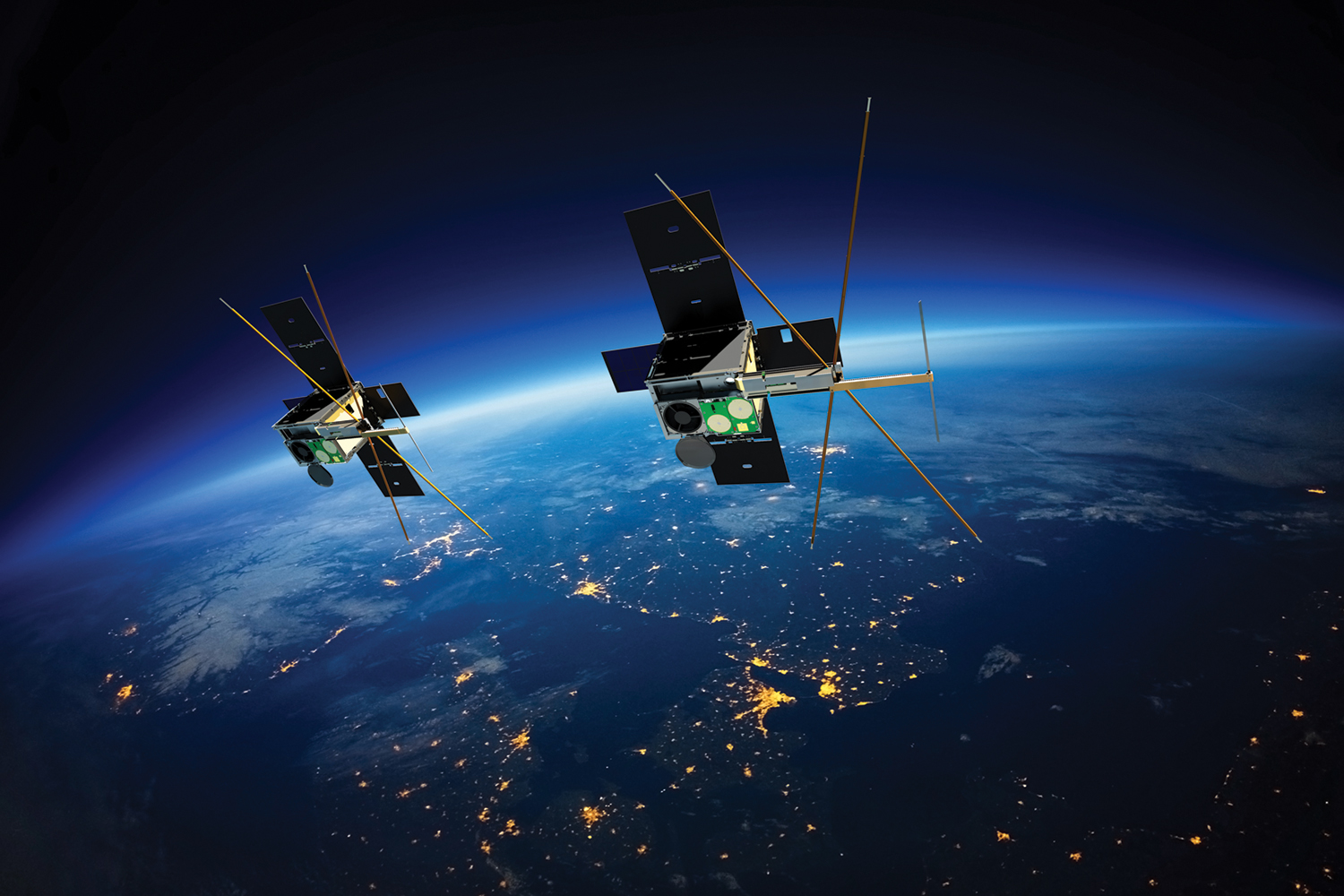Slice/Silence Interactive Installation

Slice/Silence is a PhD project by Indigo Daya. It asks us to consider an alternative to silencing and forcibly stopping people from using self-injury -- a creative, survivor-led space to explore and witness together.
The installation will feature art cushions created by Indigo for the first iteration of the project at the Big Anxiety Festival Forum in Naarm. Guests were invited to sit with the art cushion objects, hold them, injure them, stitch them, bandage them, destroy them, tattoo them… whatever they wanted. Over time, the cushions became layered with testimony, pain and response. Conversation circles were held where we talked about the things that are normally silenced about self-injury, trauma and injustice.
Background to the project:
Societal and health system responses to self-injury represent a profound injustice for many survivors. Self-injury is a common response to trauma, including child abuse, sexual violence and incarceration, yet it’s profoundly misunderstood, pathologized, silenced, hidden and even criminalised.
As survivors, when we use our words to speak out for justice, we are often silenced and discredited.
Yet when we turn to self-injury instead, the ways our bodies are surveilled functions to silence us all over again.
Responses from health and psychiatric systems serve to criminalise our survival strategies and can lead to institutional abuse and neglect as we are incarcerated in hospitals and inside the obliteration of forced drugs.
The testimonies and pain written into our bodies are papered over with diagnoses of personality ‘disorder’ and madness, reinforcing our already exhausting experiences of testimonial injustice.
Survivors use self-injury for many reasons. Many unjust experiences are not just silenced, but resist language, and so survivors are left without a means of expression or path to justice and healing. Self-injury can bring a kind of hermeneutical justice as we create our own language, and our scars can serve as evidence of the invisible battles we’ve waged and won. It can bring us a sense of safety, control, release, meaning.
But self-injury is most often a solitary and scary path, often interwoven with paths to suicide, and with almost nowhere in society where it’s safe to talk or let our bodies be seen. So how do we find healing or justice when we’re isolated from society? How do we find connection when we cannot speak or be seen?
Indigo Daya will be speaking on October 10, 4-6pm. Register your spot now!
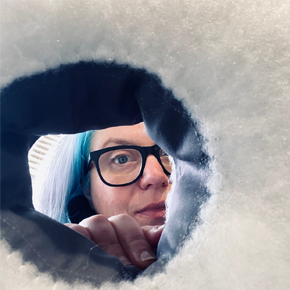
Indigo Daya
Indigo Daya is a survivor researcher in madness & trauma, with interests in shame and abuse / sexual violence, impacts of carceral psychiatry, epistemic injustice & offerings grounded in survivor peer work, creative & emancipatory practices. She is currently a PhD candidate & Research Associate at the Big Anxiety Research Centre, UNSW.
Where to find us
-
1/1
